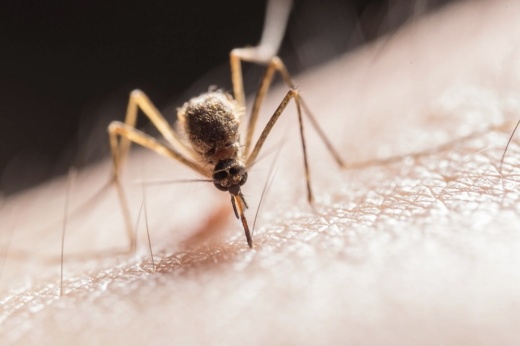The San Antonio Metropolitan Health District on June 23 confirmed that a local mosquito pool tested positive for the West Nile Virus, the first positive test of its kind in 2023.
According to a news release, the infected mosquito pool trap was collected in the southwest area of San Antonio. Pest control treatment and fogging services will take place next week in the surrounding areas by Metro Health’s Vector Control program. Future positive WNV mosquito pools will be updated on Metro Health’s website.
Metro Health officials said increased rainfall may result in more mosquito eggs hatching. The city issued the following tips to reduce the presence of mosquitos:
- Remove standing water in containers such as vases, pet water bowls, flowerpot saucers, discarded tires, birdbaths, trash cans and pool covers.
- Improve sanitation by discarding water that is contaminated with organic matter, such as animal waste, grass and leaves, where mosquito larvae can survive.
- Protect oneself by using an insect repellent containing DEET or Picaridin on skin not covered by clothing. Spray insect repellent on clothing; wear long-sleeved shirts, long pants and socks to protect exposed skin during dusk and dawn; and use air conditioning or ensure there are screens on all doors and windows to keep out mosquitoes.
According to the Centers for Disease Control and Prevention, West Nile Virus is mostly spread to people from a bite of an infected mosquito. Mosquitoes become infected when they feed on infected birds. Infected mosquitoes then spread the virus to people and other animals by biting them.
The release states cases of West Nile Virus occur during mosquito season, which starts in the summer and continues through fall, and there are no vaccines or medications to prevent or treat the virus.
The release states most people infected with West Nile Virus do not feel sick, and that about 1 in 5 people who are infected develop a fever and other symptoms such as headaches, body aches, joint pains, vomiting, diarrhea or rashes.
Severe illness can occur in people of any age; however, people over 60 years of age and residents with certain medical conditions are at greater risk for severe illness.





